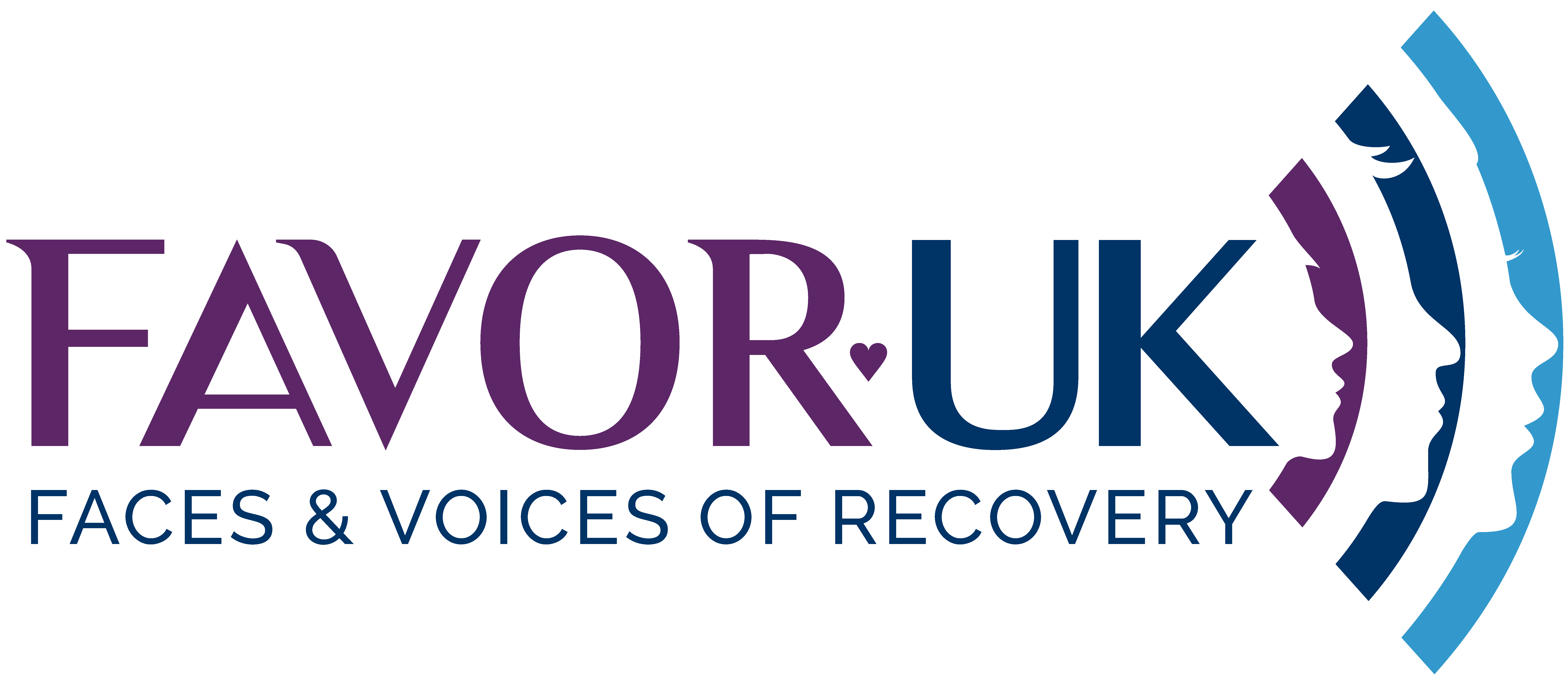This was written in response to an article printed in The Herald & published on twitter by the latest minister for drugs. You can see the article here
https://www.heraldscotland.com/news/23855627.elena-whitham-disruptor-establishment-press-change/
and see the tweet here
https://x.com/Annemarieward/status/1714032820442538441?s=20

With a sense of urgency, frustration, and unwavering determination, I address several aspects of the article at hand. While acknowledging that a significant portion of this article delves into personality projection, I feel compelled to shed light on certain points that appear to lack a well-informed perspective, all while maintaining a respectful and diplomatic tone.
The article simplifies the issue of Drug Consumption Rooms (DCRs) by stating, “They’re a provocation to those who insist too much money is being spent on saving lives and not enough on improving them.” Characterising these rooms as a provocation for those advocating for a balanced allocation of resources between saving lives through harm reduction and enhancing the quality of life that recovery offers is not merely a provocation; it’s central to the responsibility of those in authority and the ethical discussion about resource allocation that we aim to promote.
Nevertheless, it is of utmost importance to emphasise that this debate is indeed more intricate than initially portrayed. I understand that journalists often face constraints related to time, word limits, and the information provided to them, and I want to make it clear that I hold no disregard for the journalist’s circumstances.
The difference between keeping people alive through harm reduction and supporting their recovery from alcohol and drug addiction through specialised interventions is significant. Both approaches are vital components of a comprehensive strategy to address addiction, and they should not be treated as mutually exclusive. When Scotland primarily directs its investments toward harm reduction intervention services, particularly when prominent mainly government-funded entities like the Scottish Drugs Forum predominantly advocate this ideology through seminars, workshops, and conferences, it underscores the need for in-depth discussions about responsibility, ideology, and the ethical considerations of services that may unintentionally harm individuals due to a significant resource imbalance.
It’s imperative to address a statement from a previous article where the author delineates Scotland’s drugs campaigners into two camps—those favoring harm reduction and those supporting recovery. This is a favourited oversimplification from journalists and politicians alike – probably one feeding the other. This statement oversimplifies the diverse perspectives within the community of campaigners in Scotland. In reality, there exists a spectrum of viewpoints, with some advocating for harm reduction exclusively, while others, including groups like @FAVORUK, embrace both harm reduction and recovery approaches.
We often use Glasgow as an example for various reasons, primarily because it’s the largest city in Scotland. However, it is essential to address the allocation of Glasgow’s £50 million treatment budget, which has raised significant ethical concerns. Currently, only a small portion, which amounts to less than a million, is allocated to Glasgow’s 23 rehab beds. This issue has been further exacerbated by rising costs faced by the providers, who have had to adjust their prices to keep up with the increase in the cost of living. While the spend has gone up, the number of beds hasn’t.
There is a compelling need to rigorously scrutinise Glasgow’s reported expenditure of £5.3 million, on “rehab,” especially given its inclusion of items referred to as “pathway and referrals.” These terms sound strikingly similar to conventional community-based treatment, which, for those unfamiliar, encompasses harm reduction interventions such as Needle Exchange Programs and Naloxone Distribution, among other interventions. It’s worth noting that the sector often categorises these interventions as part of the broader treatment spectrum. However, there lies a potential misunderstanding when the public and some journalists hear the term “treatment,” as they might naturally associate it with rehabilitation efforts aimed at assisting individuals in breaking free from addiction and dependency.
The redirection of designated funds for rehabilitation efforts is a matter of concern, particularly when considering Glasgow’s plans to allocate £2.3 million for a drug consumption room. This decision comes on the heels of the removal of nearly a million pounds, as reported just last month, from Glasgow’s Women’s recovery service (218). Additionally, a consistent annual investment of £4 million is dedicated to Heroin-assisted treatment, and it is estimated that approximately £1.3 million in Glasgow alone is allocated to needle exchange programs. There is a growing consensus calling for a more equitable and fair distribution and a balancing of these resources. This spending raises questions about its nature since it appears to encompass “treatments that do not align with traditional rehabilitation efforts.
Advocates supporting a balanced investment approach, such as @FAVORUK, are rightfully questioning this resource allocation. The fact that such a small portion is dedicated to assisting people on their journey to recovery is indeed troubling.
A particularly concerning aspect of the article is the discussion of projects like the Aberlour Mother and Child Recovery Home in Dundee. There are reports that these services redefine “rehab” to mean “stabilisation” on a substitute prescription rather than aiding individuals in achieving freedom from addiction. This raises questions about the efficacy and evidence base for such services, and it is essential to underscore that this is not synonymous with traditional rehabilitation.
The article also addresses the Scottish government’s aspiration to increase the number of residential rehab beds, with a claim that it’s nearing 650. However, it remains unclear how many of these beds align with the traditional concept of rehabilitation that aids individuals in addressing the root causes and conditions of addiction while helping them attain freedom from alcohol and other drugs. The concern here is that redefining the term “rehab” is resulting in a distortion of reality in Scotland to conform to ideological or political agendas, essentially manipulating the data, which is both misleading and objectionable. It’s vital to note that crisis, detox, stabilisation, mental health, and both private and public beds aimed at achieving “stabilisation” are not synonymous with rehabilitation in the traditional sense.
When we talk about these 650 beds, it would be immensely valuable if journalists could request a detailed breakdown of the facilities and their outcomes, rather than solely relying on the assertions of the Scottish government. As we’ve witnessed with the Minimum Unit Pricing (MUP) data, there are valid reasons to scrutinise their claims and remain open to questioning the accuracy and validity of the information presented.
It is noteworthy that the minister’s statement carries a certain degree of candour when she remarks, “Very few of those injecting substantial amounts under unsafe conditions will be able to access residential rehab on the same day.” Regardless of the substance a person consumes, be it injected, ingested, or consumed in any form, it often seems more attainable to secure a seat on one of Elon Musk’s rockets than to find an available bed in a genuine rehabilitation facility in Scotland not just on the same day but for some who have been in the “treatment “system for over 30 years and never been offered a place at rehab. This striking Elon musk rocket seat analogy serves as a poignant reminder of the immense challenges faced by individuals and their families when seeking assistance for themselves or their loved ones. If the minister want to ” get on and make sure the services are there.” She needs to address the imbalance and the Orwellian redefining of rehab that’s happening.
Finally, I would like to delve into the minister’s expressed desire for local areas to collaborate in establishing stabilisation or detox spaces and pathways to residential rehabilitation. While this aspiration is potentially both commendable and disingenuous, I’m not sure which one applies but it raises significant concerns when local areas are reliant on funding from the minister, thereby engendering an accountability issue that seemingly transfers the responsibility back to the minister herself, as she is ultimately responsible for the allocation of these resources.
In conclusion, the intention here is not to diminish investments in harm reduction and prevention efforts, but rather to advocate for parallel investments in recovery services. The ethical concern surrounding the allocation of resources underscores the need to prioritise genuine balance in investment of treatments as the primary focus. The mention of Scotland’s Right to Recovery Bill at the end is noteworthy, as it strives to offer a balanced approach by recognising the importance of both harm reduction and recovery-oriented interventions. It is a significant step forward in addressing the complex issue of addiction and offering hope to those who need it most. Scotland’s Right to Recovery Bill signifies a pioneering effort to ensure that individuals confronting addiction have equal access to the support they require, regardless of the path they choose to follow. By finding a delicate equilibrium between harm reduction and recovery, this legislation acknowledges the intricate nature of addiction and offers a ray of hope for those affected by it. When more than 95% of your budget is directed towards promoting safer drug use or harm reduction interventions, while less than 5% (and this is a generous estimate) is allocated to treatments that aim to address the underlying causes and conditions, potentially leading to a cessation of dependency, it becomes evident that a fundamental ethical concern emerges.
This underscores the pressing need for a comprehensive discussion regarding the prioritisation of investment balance in harm reduction interventions and that of genuine treatment that enables recovery as the central focus of debate.
In the spirit of fostering a more diplomatic and respectful exchange of ideas, I sincerely implore both policymakers, politicians, and journalists to actively participate in an in-depth discussion and thorough debate regarding the issues at hand. It is essential that we collectively ensure that the people of Scotland receive the much-needed support they require. I eagerly anticipate the forthcoming conversations and deliberations as the Right to Recovery Bill finally makes its way to our parliament. The significance of this bill cannot be overstated, and I earnestly encourage journalists and publications from all political spectrums to give due consideration to the frame of how we discuss its importance in the coming year.
